Artist: Electronic Album: Electronic
Year: 1991Duration: 0:0-1
A Critical Review of the Album: Electronic by the Music Artist Electronic
Electronic, the self-titled debut album by the duo of Bernard Sumner and Johnny Marr, released in 1991 was a significant contribution to the British electronic music scene of the era. Both Sumner and Marr were well-known musicians, with Sumner being the lead vocalist and guitarist of New Order, and Marr being the guitarist of The Smiths. The combination of their unique sounds created a distinctive album that deserves a critical review. In this blog post, we will analyze the album, provide a brief history of the artists, the music genre of the album, the best songs of the album, and the most innovative parts as well as a critique.
Bernard Sumner and Johnny Marr first met in 1988, when Marr left The Smiths and Sumner was wanting to break away from New Order. They immediately hit it off and began experimenting with electronic sounds at Marr’s Manchester studio. They signed a record deal with Factory Records, the same label that released New Order’s music. Electronic's debut album was recorded over a two-year period with additional contributions from Neil Tennant of Pet Shop Boys and Karl Bartos of Kraftwerk.
The album, Electronic, can be described as a blend of the alternative rock and electronic music genres. The tracks on this album display a vast range in style, tempo, and emotion. The album's opening track Idiot Country sets the tone with its dark and dystopian sound, while Reality showcases its upbeat and optimistic vibe. However, at times, the album's attempts at combining both genres can be hit or miss, leaving the album feeling a bit disjointed.
Despite this, the standout tracks include the heavily New Order-influenced Tighten Up and Getting Away with It, which features Neil Tennant's distinctive vocals. Gangster is a standout track with its emotion-packed vocals and lyrics while Patience of a Saint offers a sultry and slow tempo that contrasts with the rest of the album. Overall, the album's best songs showcase the group's excellent production and instrumental prowess in electronic music.
The most innovative aspect of the album is its combination of alternative rock with electronic music. In 1991, electronic music was emerging, and the fusion of rock music with electronic sounds had not yet been done. This album was a significant shift from the traditional rock sound of the era, and it paved the way for electro rock music. Consequently, Electronic's self-titled album has been a considerable influence on numerous musicians, including Radiohead, Oasis, and Primal Scream.
However, the album falls short in some areas. The collaborations on the album, while strong, can be a bit overwhelming at times. The attempt to incorporate two genres in one album can lead to some inconsistency in quality. Despite the album's high points, the lows feel like the kind of music that can easily be skipped without listening twice.
In conclusion, Electronic's self-titled debut album was an innovative contribution to early electronic and rock music blended together. Electronic showcased the artists' unique sounds and production prowess, and the album's standout tracks remain a testament to its quality. Nevertheless, the album falls short in some areas, and the overall sound is at times, disjointed. It is, however, difficult to overlook the album's influence and its contribution to the electronic and rock music genres. Electronic's self-titled album is a must-listen for any serious music lover.
Other #Pop albums:
SIMILAR BANDS
balls, from 1 to 5, describe similarity between the two bands
SOMETHING NEW? LISTEN TO RADIOGENRE
SUGGESTED PLAYLISTS

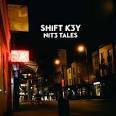
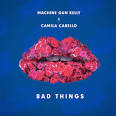









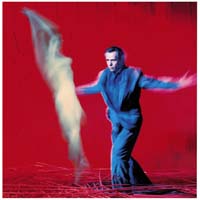
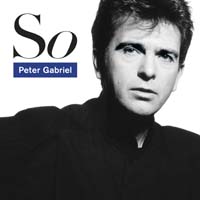


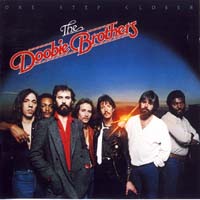
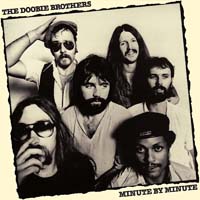
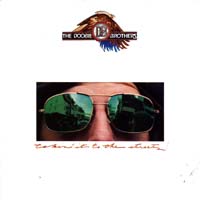
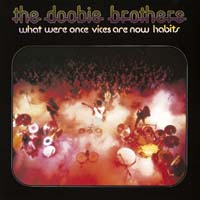

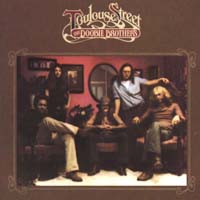


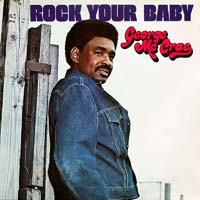





 Tomorrowland
Tomorrowland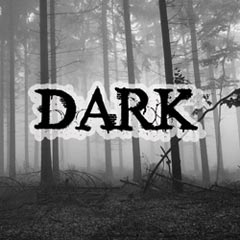 Dark music
Dark music Garage house
Garage house Rumba
Rumba Post hardcore
Post hardcore Classic pop
Classic pop Dembow
Dembow Trap Music
Trap Music Electro pop
Electro pop Swing
Swing Halloween, trick or treat
Halloween, trick or treat The very best of progressive rock
The very best of progressive rock Enticing your sexual energy through tantric music
Enticing your sexual energy through tantric music The very best of heavy metal
The very best of heavy metal The torments of the dark rock
The torments of the dark rock Through the origins of dub
Through the origins of dub The very best of dancehall
The very best of dancehall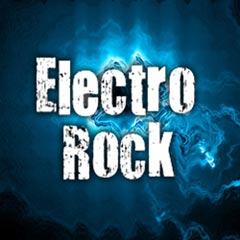 The very best of electro rock
The very best of electro rock The OC Soundtrack
The OC Soundtrack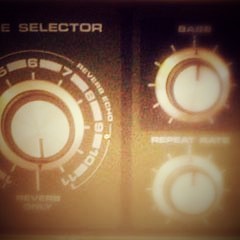 The bpitch control squares
The bpitch control squares